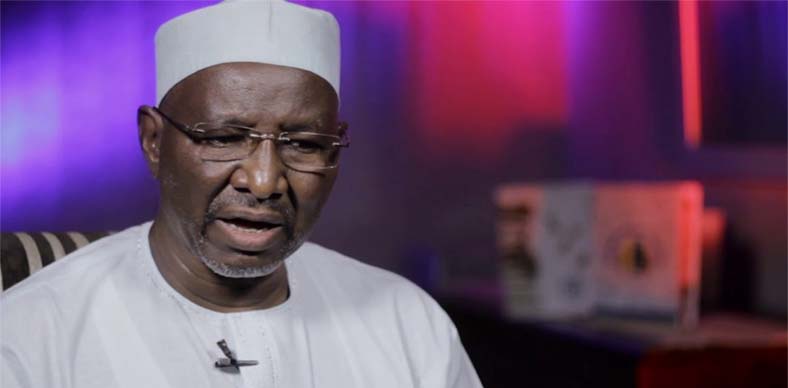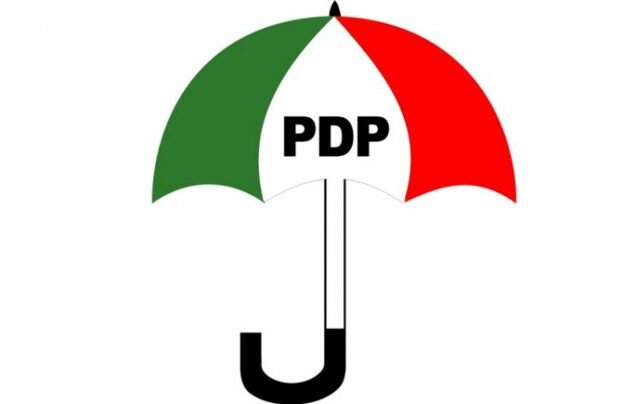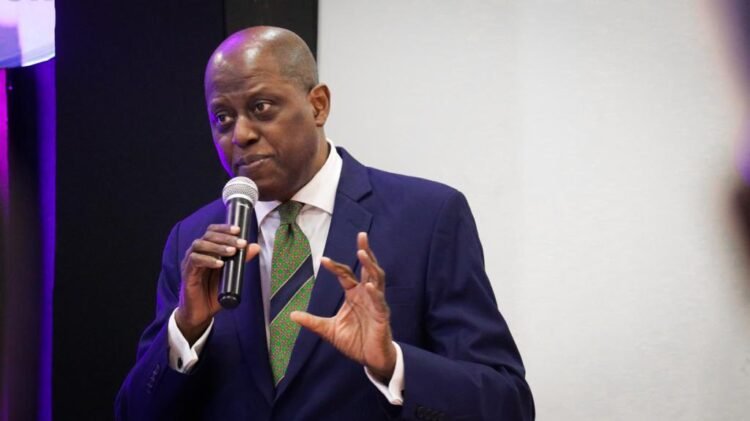Usman Bugaje, a former presidential adviser and ex-member of the House of Representatives, has accused the ruling All Progressives Congress (APC) of employing financial inducements to facilitate the defection of prominent figures from the opposition Peoples Democratic Party (PDP). Bugaje made these remarks during a televised interview on Arise TV on Thursday.
He expressed deep concern over what he termed the monetization of politics and its potential repercussions for Nigeria’s democracy. “From what I know—and I don’t claim to know everything—the APC is essentially using money to buy off the PDP,” he stated.
Bugaje highlighted that some individuals facing investigations might be coerced into defecting through threats. “People with records in the EFCC may be pressured. This kind of practice has been ongoing since the time of President Obasanjo,” he added.
Emphasizing the gravity of the situation, Bugaje warned that the increasing reliance on money in political allegiance could signify the decline of democratic principles. “As long as money dictates political loyalty, we are heading towards a different kind of governance, potentially resembling the situation in Peru under Fujimori,” he asserted.
In reaction to recent mass defections in Delta State, the PDP’s acting National Chairman, Umar Damagum, stated that the party was not anticipating such departures but insisted that the upcoming election would be a contest between Nigerians and the APC.
Bugaje criticized the PDP’s response as inadequate, arguing that the party has lost its ability to serve as an effective opposition. He pointed to internal failures and a lack of resolve, noting, “There has been no opposition since Minister Wike’s actions. The PDP has squandered its chance to be a real opposition force.”
He further criticized the conduct of PDP members in national matters, claiming they have failed to hold the government accountable on key issues. Bugaje also reflected on structural issues within Nigeria’s political parties, recalling his experiences during the merger that formed the APC, where proposals for merit-based leadership criteria were dismissed.
He lamented the prevalence of transactional relationships in party politics, where loyalty is traded for financial gain, eroding the foundational values of political engagement. “Those in charge lack the character and understanding necessary for responsible leadership,” he stated.
In conclusion, Bugaje reaffirmed his long-standing opposition to these practices, asserting that a party led by qualified and passionate individuals is likely to remain intact and effective.







